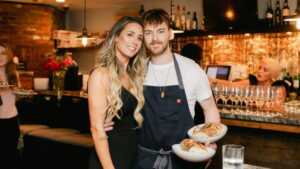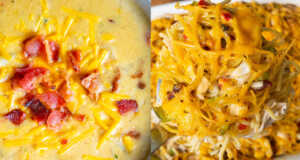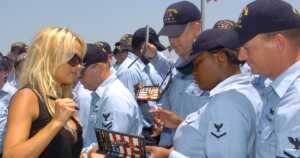Story submitted by Nikki Chapple from Best Friends Felines in Brisbane, Australia.
Two days before Christmas, we received a message from one of the vet clinics we often help out with cat surrenders. The messages started, “I know it’s not your species, but…”

Known for taking in expensive surgical cases and our soft spots for any special needs, we couldn’t say no to this gorgeous little man. This adorable bubba had been taken to a vet clinic because he was was regurgitating everything he was eating.
A series of tests determined Barney has PRRA – persistent right aortic arch, or what is commonly known as vascular band/ring anomaly. Basically, an embryonic branch of the aorta fails to regress and wraps around the oesophagus when a puppy or kitten is born. This puts pressure on the tube, preventing the passage of food in the oesophagus when the pet eats, causing regurgitation. Surgery can correct the problem, and follow-up care can usually reverse the oesophageal effects, especially if done early in a pet’s life.
This meant Barney – as he was named by our carer Kristy – would need feeding in a unique and careful way for him to get any form of food into his system, which would be required until surgery could be performed. The quote was between 6-8k. Pup’s owners surrendered him to the clinic, which is where Best Friends Felines was asked to help.

The wonderful team at the clinic ( who were smitten with him ) said they would look after him over the four days of public holidays, and then we collected this 10 week old bundle of cuteness Wednesday. Kirsty didn’t hesitate to offer to foster him when asked, and she is well versed in caring for this condition, having had two BFF foster cats with the same condition.
Barney’s routine was to be fed every two hours and being stretched out to feed. Then he needed to be held upright for 10 minutes after eating to avoid regurgitation. Time consuming, but required for this little man’s health and wellbeing.
He was booked to see our wonderful specialist Dr Jason to determine when exactly to do surgery, as often pups with this condition are very underweight, even emaciated from the inability to keep anything down. He needed to be of good body weight and health to undergo the surgery to minimalise risks, but it’s also important to do it sooner rather than later.

When he was ready, Barney was dropped off to Dr. Jason to have the surgery to try and repair the vascular band constricted around the oesophagus. Jason was really pleased with how the surgery went and Barney was discharged the next evening.
Carer Kirsty messaged me to say, “He ate a big plate of dry, crumbly chunks of chicken at the vet, which Dr. Jason’s been feeding him with no issues, will keep feeding him something of the same consistency until he has his stitches out and then we can try other types of food.”
This was really positive news that the surgery had worked, but only time will tell over the coming days. However, right now, we are super excited as everything is pointing to it being a success. If it is, Barney will go on to live a normal life and be able to eat at ground level and not regurgitate everything.
Carers Kristy and Jack have done amazing in taking care of this little man, and we are so grateful it seems their own dog Jobe has taken to looking after Barney, too, as you can see in the photo below of little Barney curled up on giant great dane Jobe.

This article was originally published on The Animal Rescue Site.













